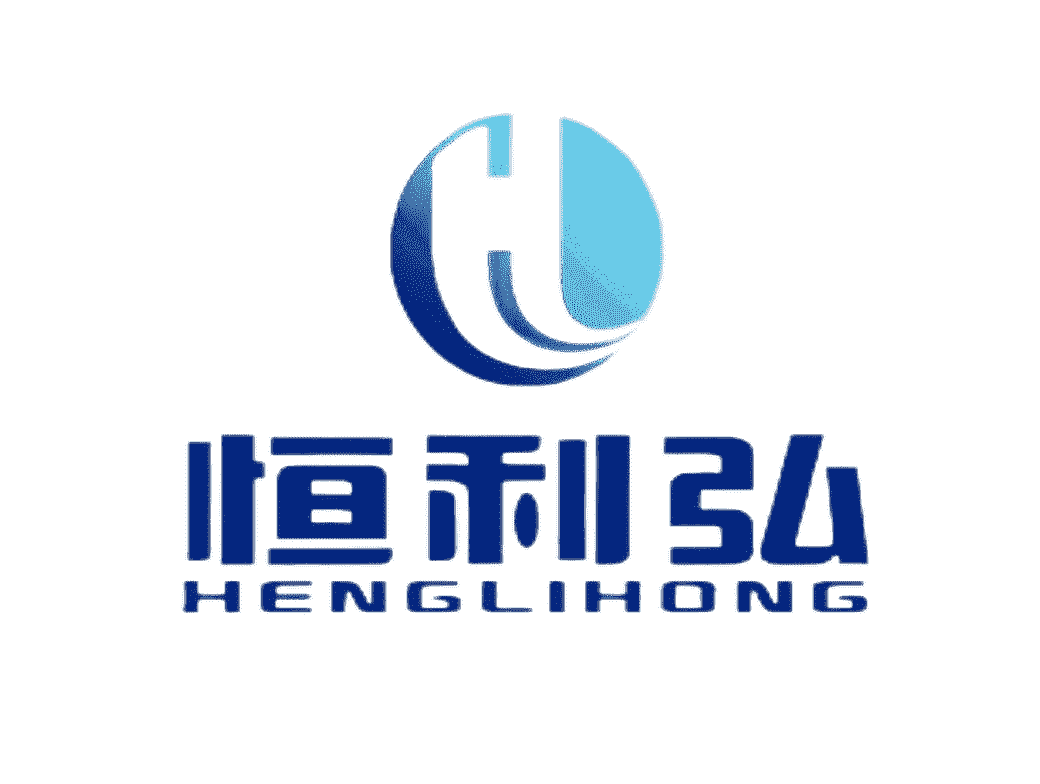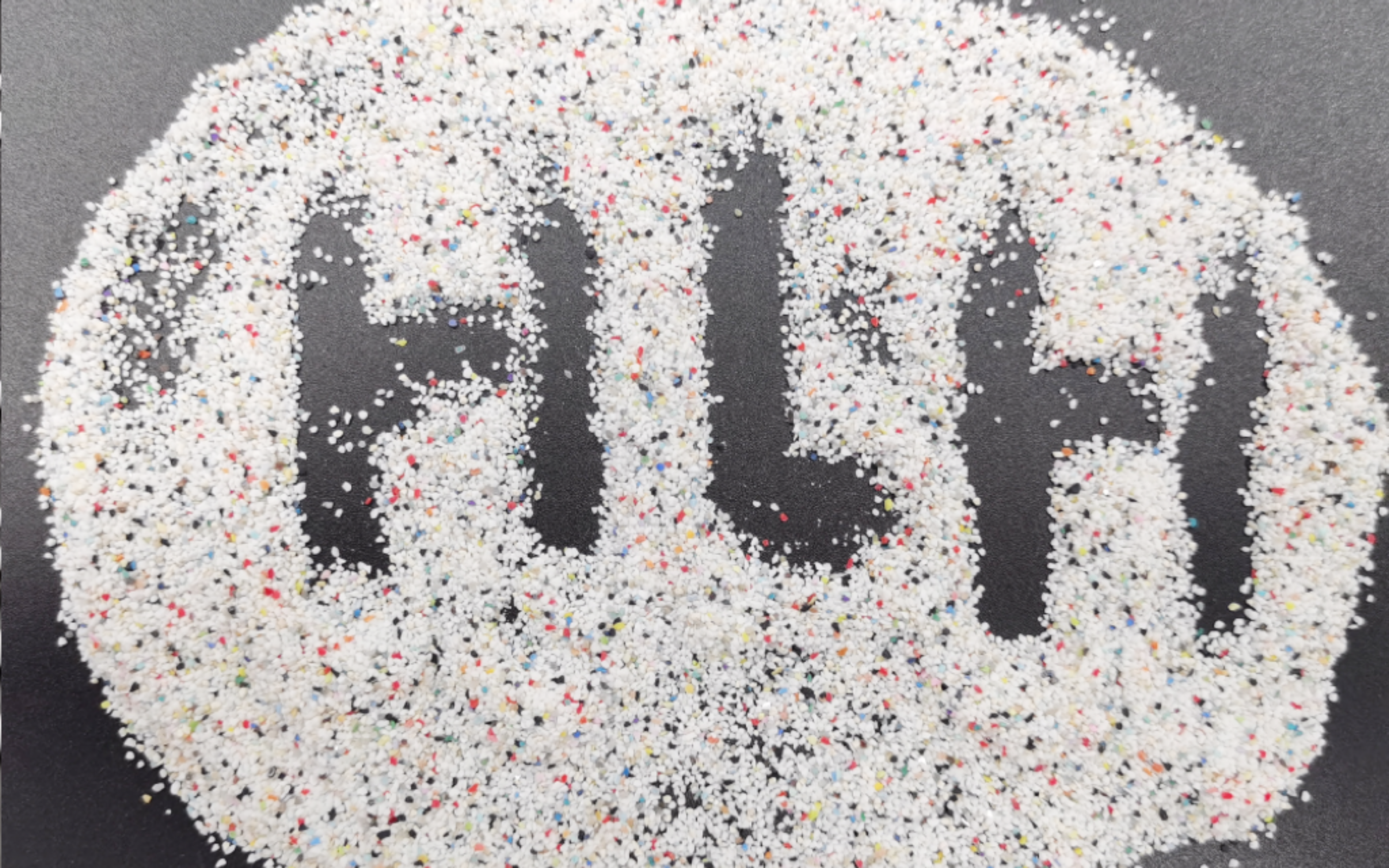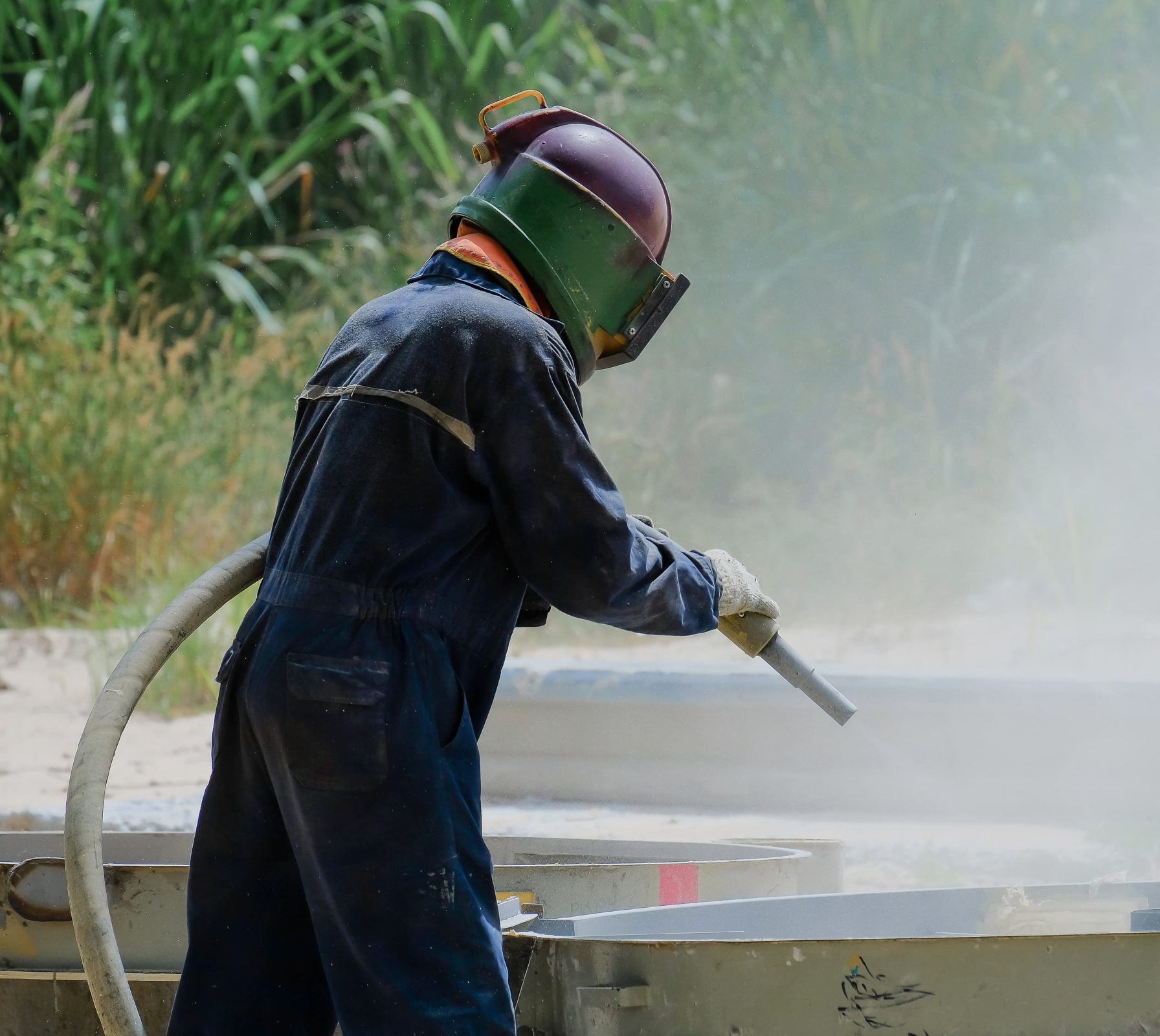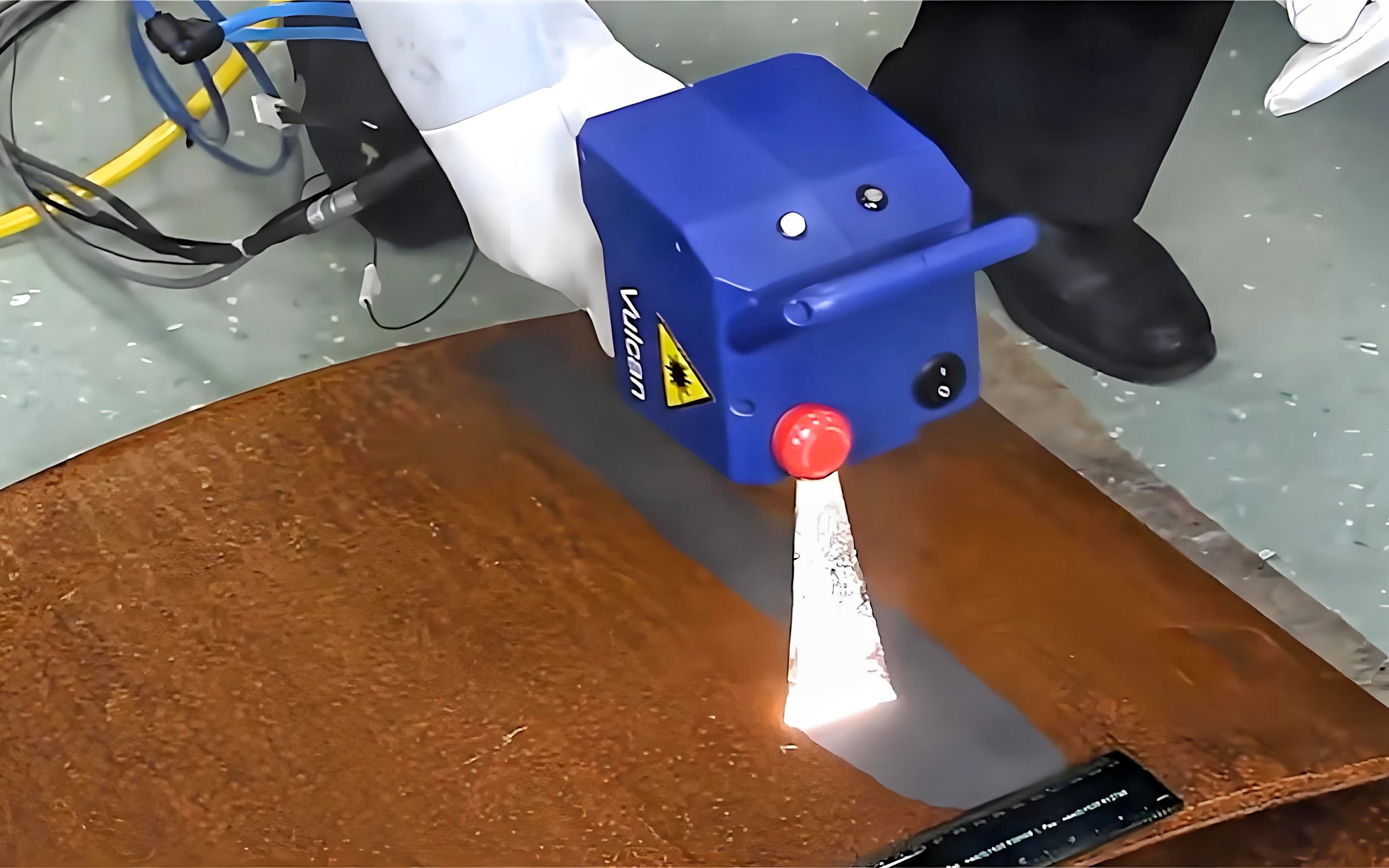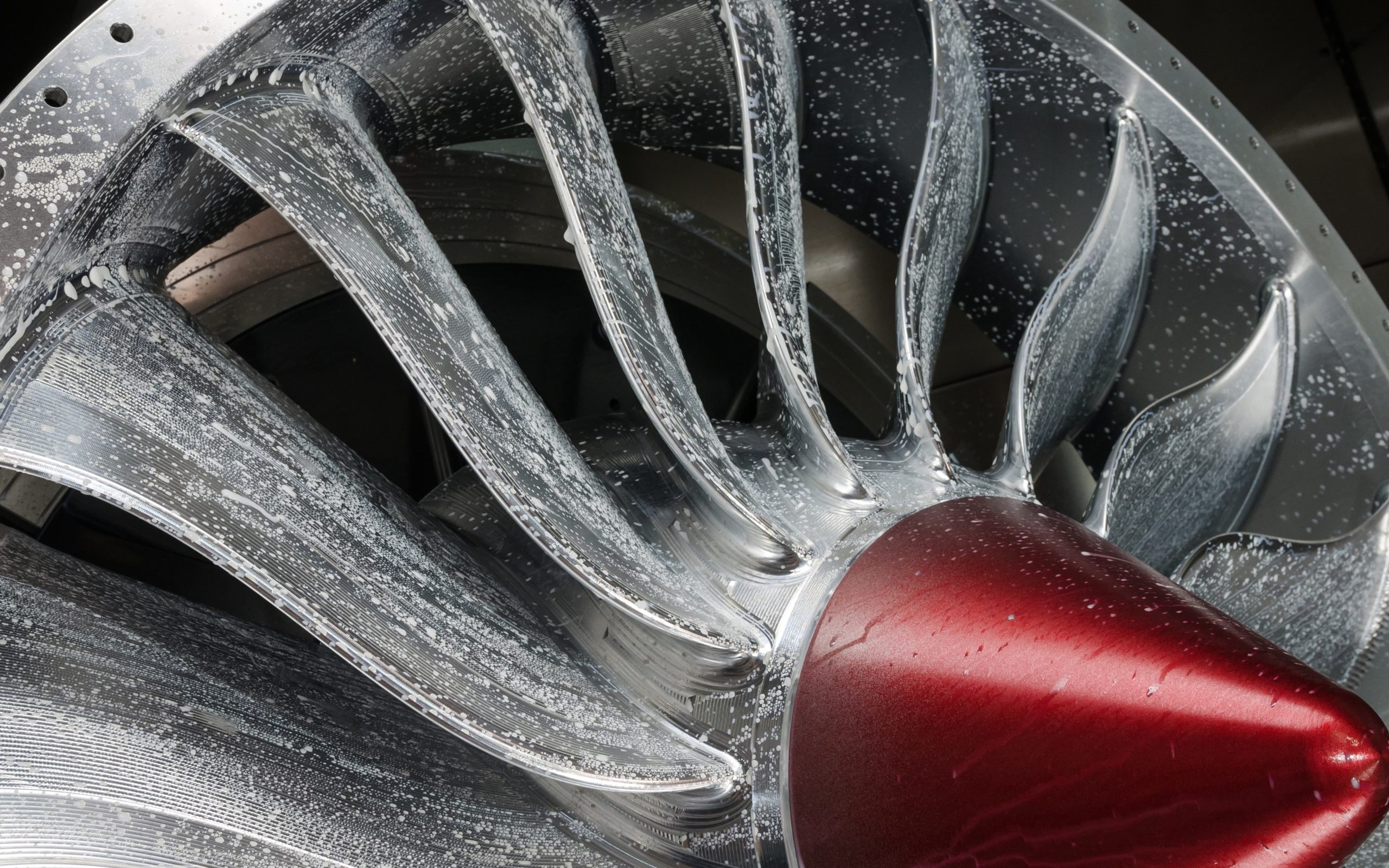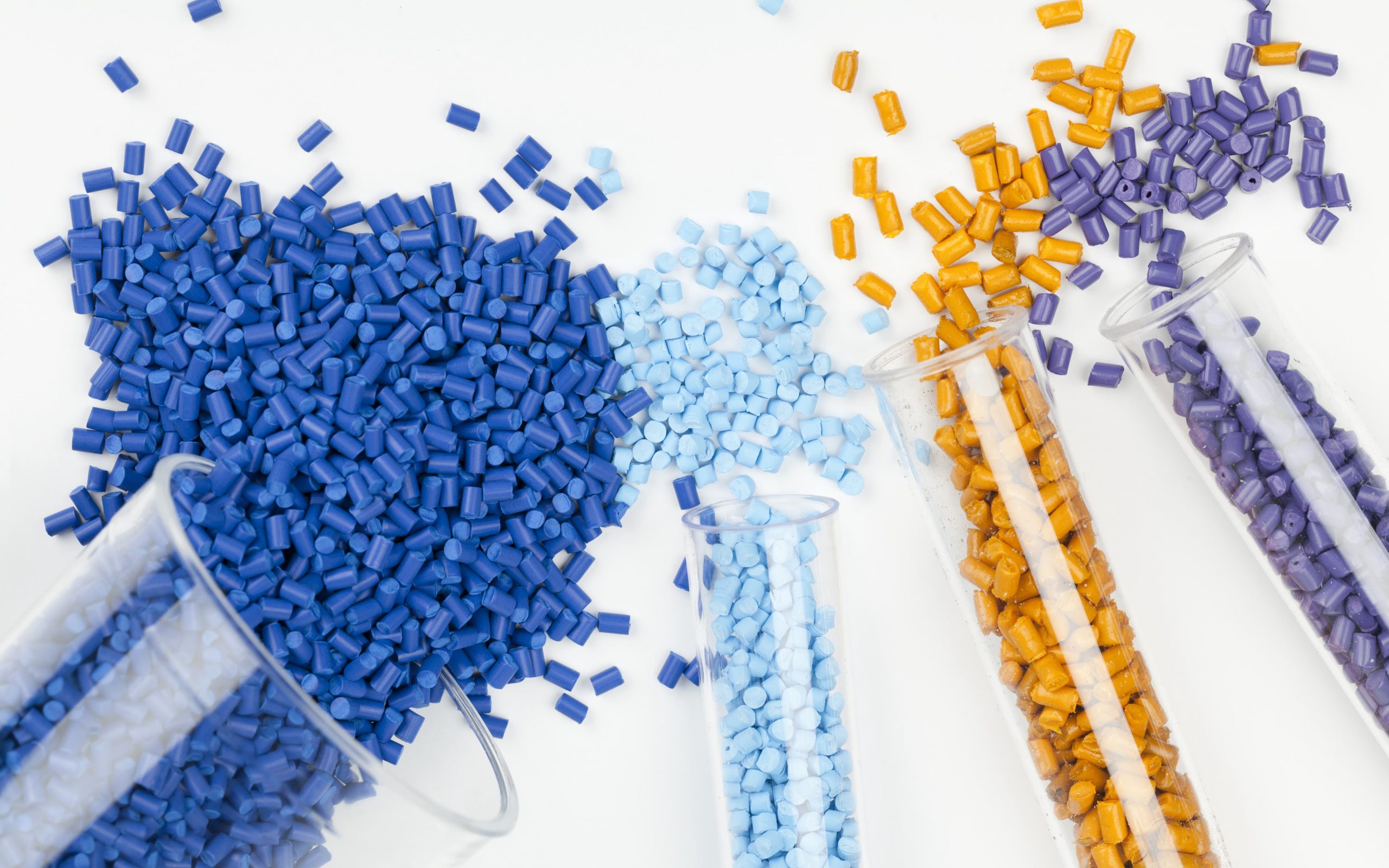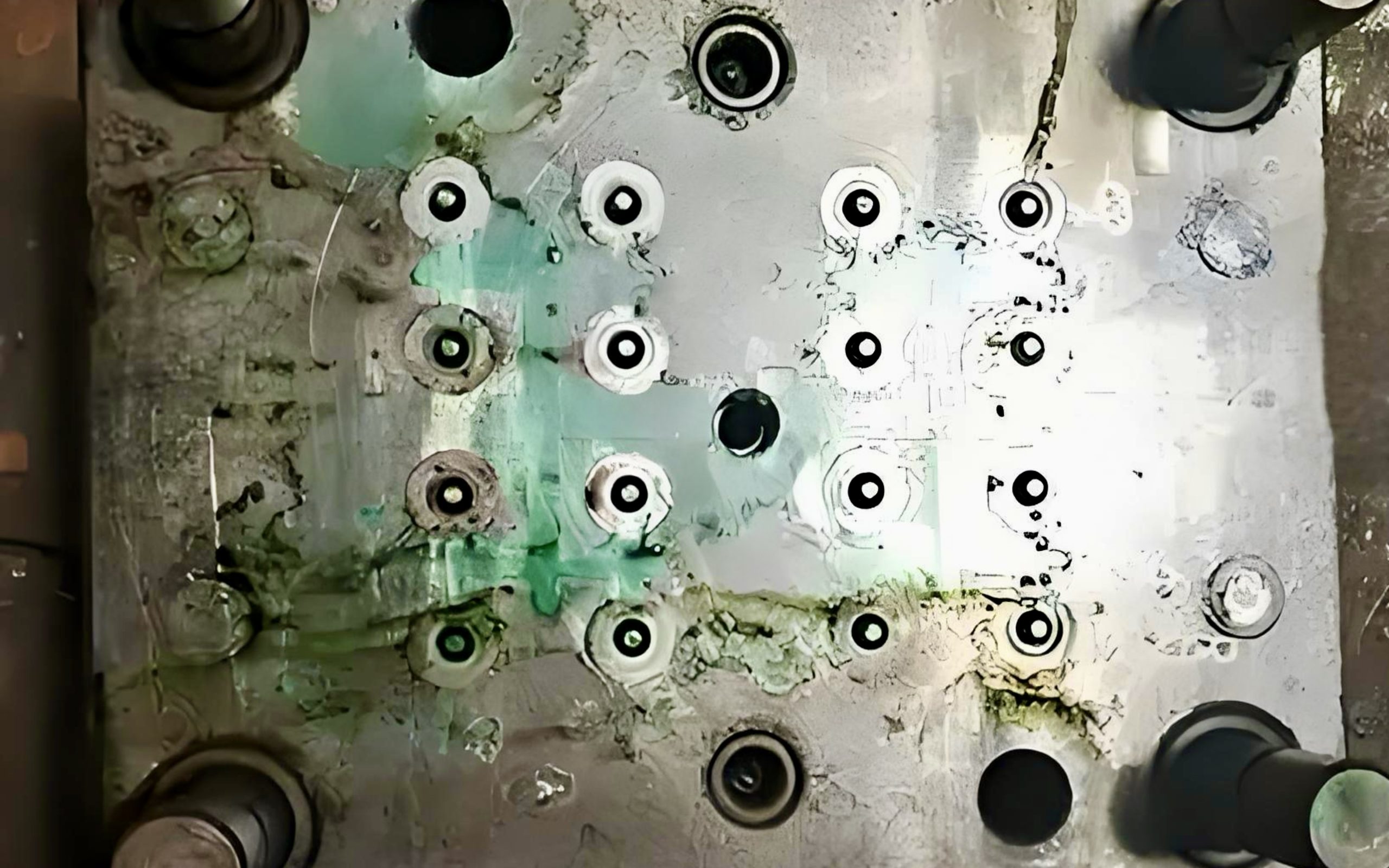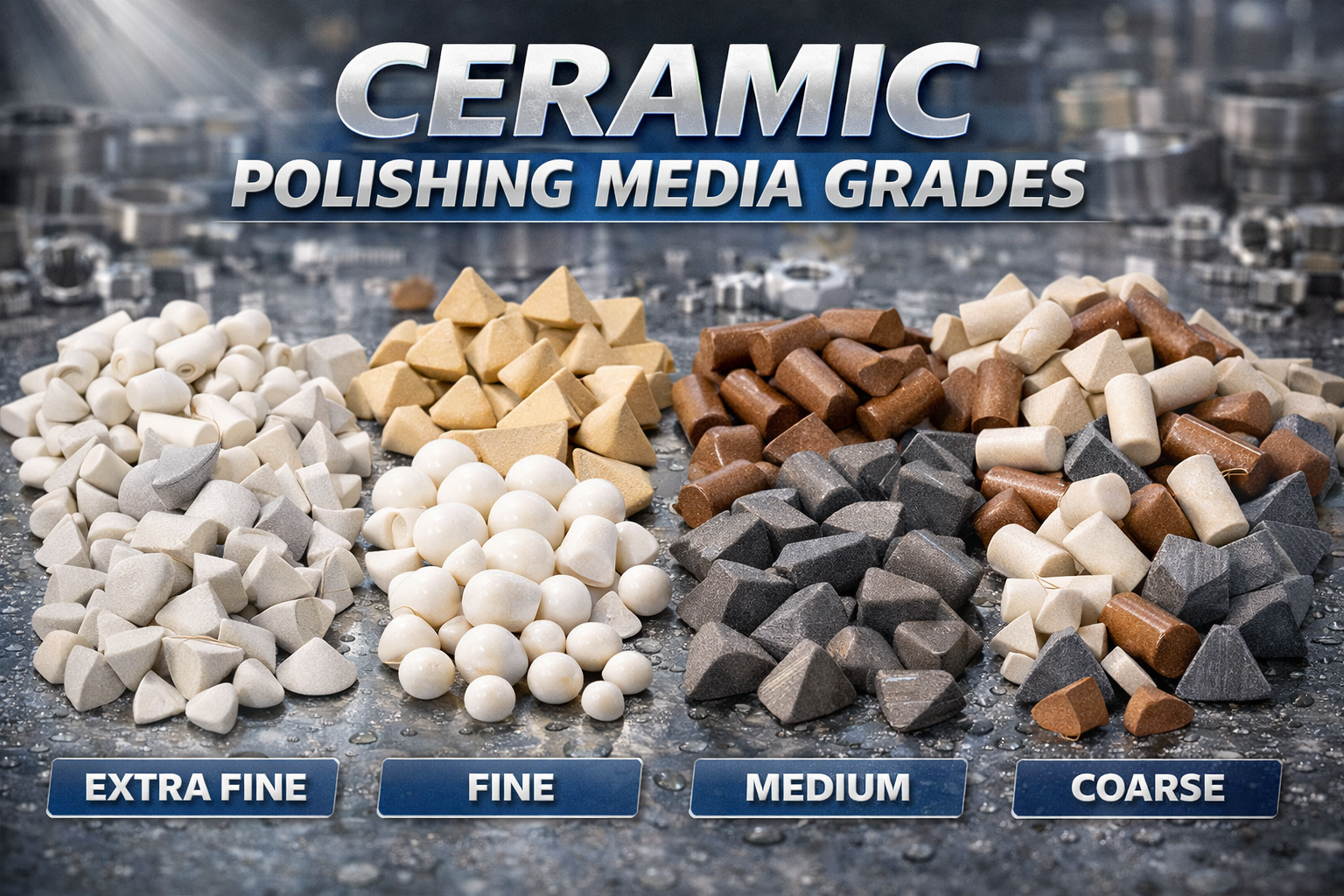How Cryogenic Deflashing Improves Molded Plastic Parts
February 18, 2025
Cryogenic deflashing is a precise, efficient method for removing excess flash from molded plastic components. Compared to traditional techniques, it offers better consistency, reduced labor costs, and no risk of damaging delicate parts.

Understanding the Deflashing Problem
Injection molding and compression molding often leave excess material along parting lines due to:
- Variations in mold temperature and pressure
- Wear on mold edges
- Material shrinkage differences
If not properly removed, flash can cause:
- Poor fit and sealing issues in assemblies
- Aesthetic defects in consumer products
- Difficulties in automated assembly and quality control
Applicable Mold Types for Cryogenic Deflashing
Cryogenic deflashing is highly effective for molds used in:
| Mold Type | Application Examples | Cryogenic Deflashing Suitability |
|---|---|---|
| Injection Molds | Automotive, medical, electronics | Excellent – precise flash removal without affecting dimensions |
| Compression Molds | Seals, gaskets, rubber parts | Good – effective for flash around complex edges |
| Transfer Molds | Electrical insulators, aerospace parts | Excellent – maintains critical tolerances |
For highly flexible materials like TPU or silicone, adjustments in temperature and media selection are necessary to avoid embrittlement of the main part.


Cryogenic Deflashing: Process & Equipment
How It Works
- Freezing: Liquid nitrogen cools the parts to embrittle the flash while keeping the base material intact.
- Blasting: Fine polymer or organic media (e.g., polycarbonate, walnut shells) is used to remove the brittle flash.
- Separation: The removed flash is collected, leaving parts with a clean finish.
Key Equipment Parameters
- Temperature Range: Typically between -120°C to -196°C, depending on material properties.
- Blasting Media: Fine polycarbonate or crushed organic abrasives for non-damaging cleaning.
- Blasting Pressure: 0.5-1.5 bar, ensuring effective flash removal without surface degradation.
- Cycle Time: 30 seconds to 3 minutes per batch, adjustable based on part complexity.
Material Compatibility & Surface Quality
Cryogenic deflashing is effective for a wide range of plastic and elastomeric materials:
| Material | Common Uses | Suitability for Cryogenic Deflashing |
|---|---|---|
| Nylon (PA) | Gears, connectors | Excellent |
| ABS | Housings, automotive trim | Excellent |
| PEEK | Medical, aerospace | Good |
| Polycarbonate (PC) | Electronics, lenses | Excellent |
| TPU & Rubber | Seals, gaskets | Moderate (depends on flash thickness) |
This method ensures clean, consistent surface finishes without introducing thermal or mechanical stress.
Cost & Production Efficiency
Reduction in Operational Costs
- Lower labor costs due to automation
- Decreased scrap rates from consistent flash removal
- Faster cycle times compared to manual deflashing
Scalability for Mass Production
- Processes thousands of parts per hour
- Minimal material loss, making it environmentally efficient
- Ideal for maintaining tight tolerances in precision components
Cryogenic deflashing is an advanced solution for manufacturers seeking precision, efficiency, and scalability in plastic part finishing. By implementing the right temperature settings, blasting media, and cycle times, manufacturers can achieve consistent, high-quality results with minimal operational costs.
For optimized cryogenic deflashing tailored to specific materials and mold designs, partnering with an experienced surface treatment provider ensures maximum efficiency and product quality.
Filters

